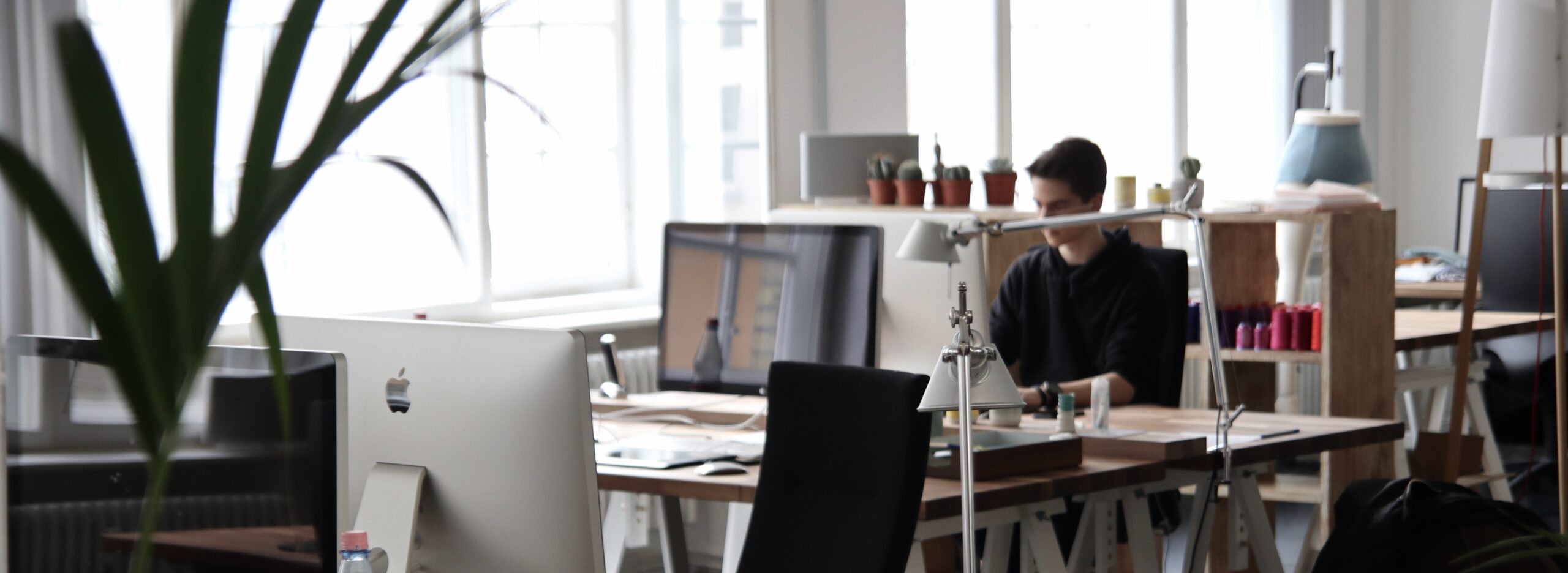The Future of the Workplace


Work norms have changed a lot over the past couple of years, with working from home (or
anywhere) becoming commonplace. Zoom calls replaced in-person interactions, and employees
across all industries has been resigning in record-high numbers, leaving employers wondering
what’s next.
While we can’t predict what work will look like after the pandemic, we can take note of recent
trends and consider how they might evolve in the future.
- More demands for flexibility. Flexibility is becoming more important than higher pay,
with the availability to work from anywhere becoming a common request. In fact, being
required to return to an office was a cause of many resignations this past year. - No more work “families.” The constant challenges to workplace norms have brought
conversation about work cultures. Coworkers as “family” is an idea that should be left
behind, as it can increasingly blur the line between one’s personal and professional life.
This idea can also create toxic expectations of loyalty, pressuring employees to pour
everything into their jobs. - Four-day workweeks. While not a new idea, the four-day work week is finally within
reach after the pandemic caused us to reevaluate the workplace. While this trend is still
far from becoming a workplace norm, an increasing number of companies around the
world have already started adopting it.
We know that consumers have changed, but employees clearly have too. Don’t get left behind,
contact us today to see how our custom research can help your business stay competitive.
Related Stories:
The Era of the ‘Bleisure’ Traveler
The Great Resignation of 2021
Want market insights in your inbox?
Sign up below to receive H2R's free monthly e-mails summarizing the latest trends.
We respect your privacy.
